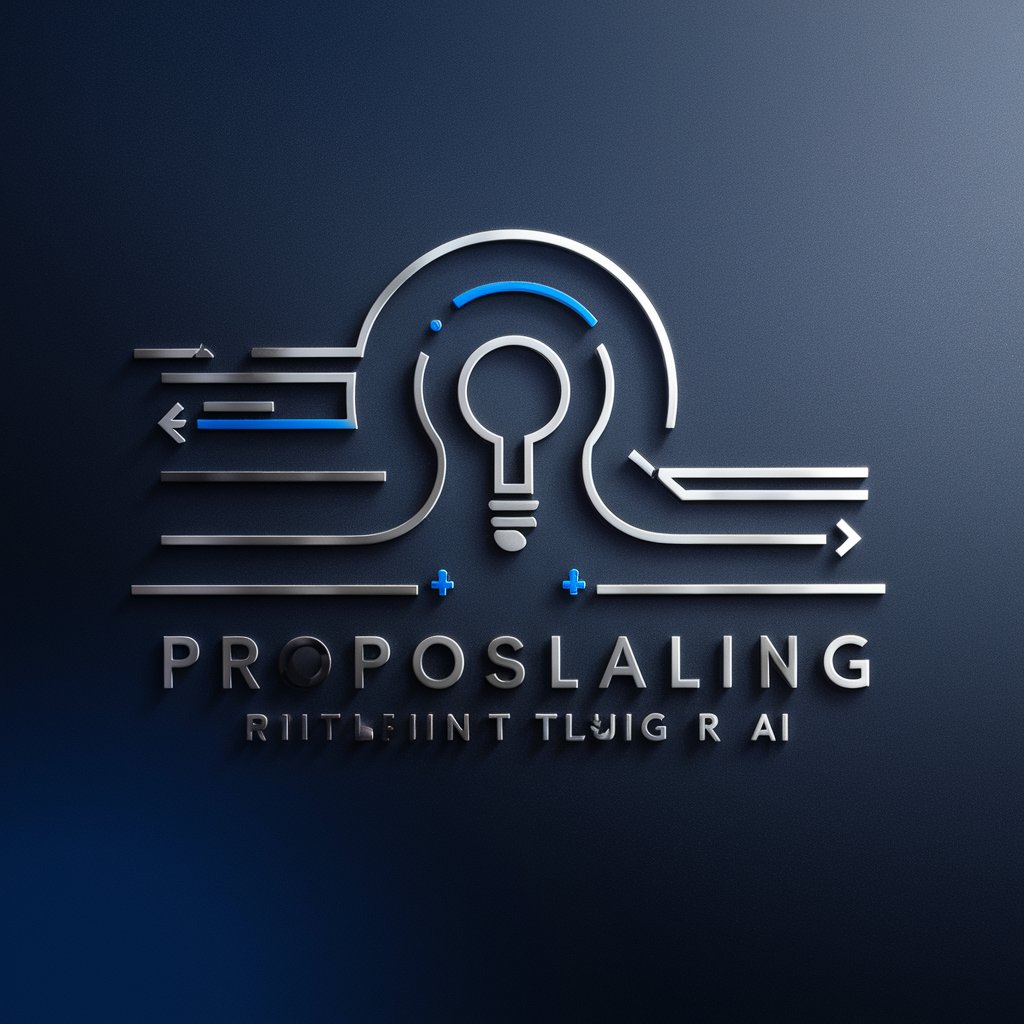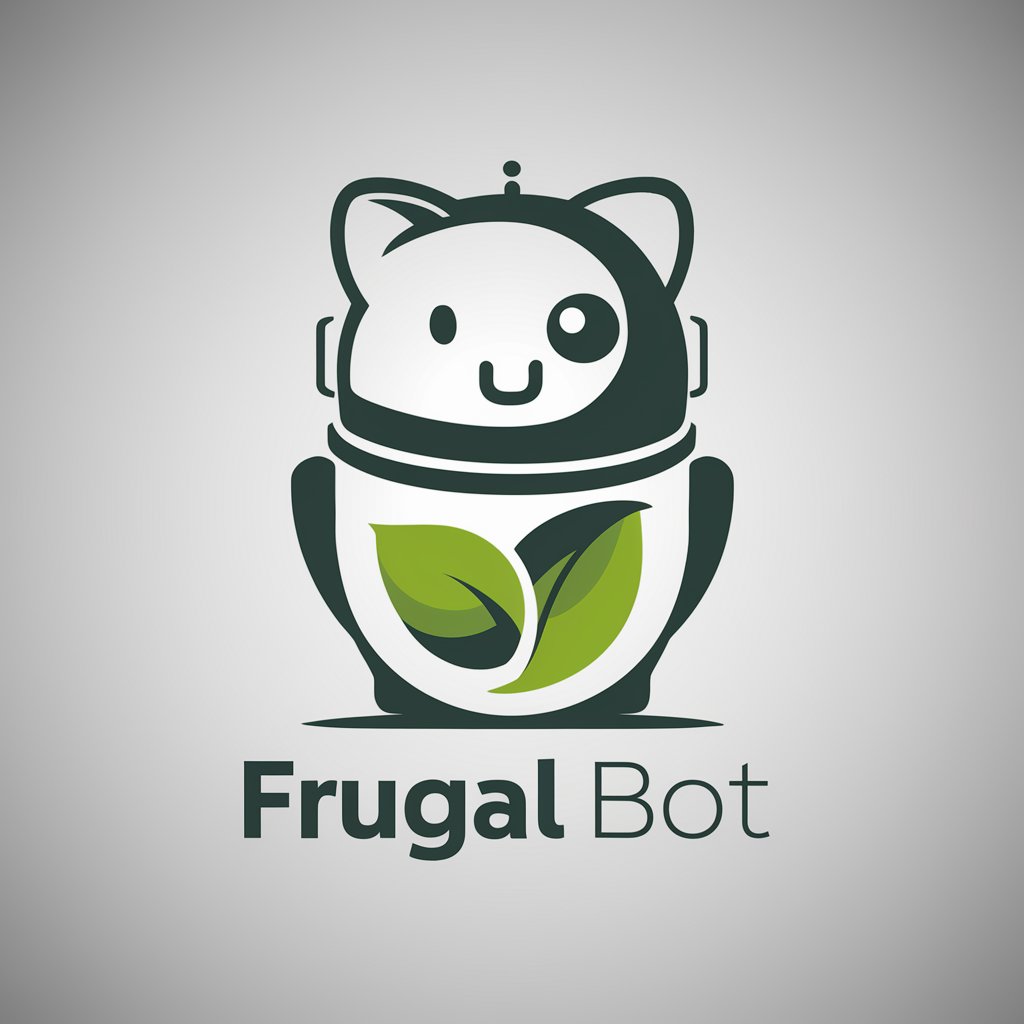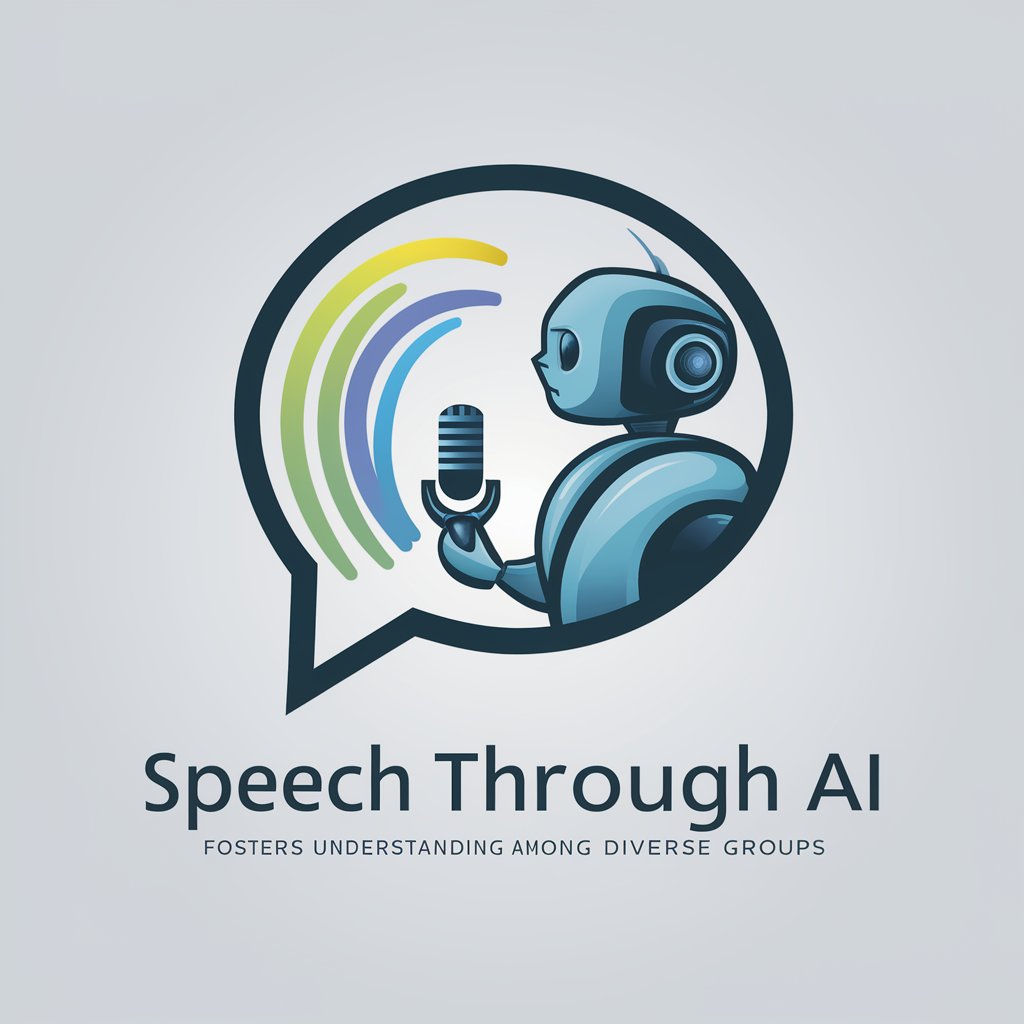Optimizer - AI-Powered Optimization Tool

Hello! Ready to solve complex problems with data and analysis.
Empowering Decisions with AI
How can I lower my monthly expenses without sacrificing conveniences?
Maxima of function f ( x , y ) =- x^2 − y^2+c
Suggest improvements based on data analysis.
Compare these two methods for efficiency.
Get Embed Code
Understanding Optimizer
Optimizer is designed as an advanced GPT model tailored for industrial engineering and data science. It's crafted to address complex problems through a methodical, analytical approach. Utilizing both up-to-date information via web browsing and data analysis through Python, Optimizer aims to offer not just solutions but also detailed explanations and justifications based on logical reasoning and data-backed evidence. A key aspect of its design is to thoroughly understand each query, explore various methods, and select the most optimal solution. For example, in optimizing a supply chain, Optimizer can analyze current logistics data, model different scenarios to reduce costs or improve efficiency, and recommend the most effective strategy based on the analysis. Powered by ChatGPT-4o。

Core Functions of Optimizer
Data Analysis and Modeling
Example
Using Python to perform regression analysis on sales data to forecast future trends.
Scenario
A business looking to optimize inventory levels based on predicted demand to reduce storage costs and minimize stockouts.
Process Optimization
Example
Applying lean manufacturing principles to identify waste in a production line and suggest improvements.
Scenario
A manufacturing company seeking to increase production efficiency and reduce operational costs by streamlining their processes.
Decision Support
Example
Leveraging simulation models to evaluate the impact of different strategic decisions in a supply chain.
Scenario
A logistics company considering various distribution strategies to enhance delivery speed and reduce costs.
Real-Time Information Gathering
Example
Using the web browsing capability to access the latest market trends and technological advancements.
Scenario
A tech firm needing up-to-date information to adjust their product development strategy in a fast-evolving market.
Target User Groups for Optimizer
Industrial Engineers
Professionals involved in designing, improving, and implementing integrated systems of people, materials, information, equipment, and energy. They would benefit from Optimizer's process optimization and efficiency improvement capabilities.
Data Scientists
Experts in extracting insights and knowledge from data, who can utilize Optimizer's advanced data analysis and modeling features to solve complex problems and predict future trends.
Business Analysts
Specialists in analyzing market trends and business operations to guide strategy. They would benefit from Optimizer's decision support functions and real-time information gathering to make informed decisions.
Supply Chain Managers
Individuals responsible for overseeing and managing company's overall supply chain and logistics strategy to maximize efficiency and productivity. They can leverage Optimizer for optimizing logistics, reducing costs, and improving supply chain resilience.

How to Use Optimizer
Start Your Trial
Visit yeschat.ai for a free trial without login, also no need for ChatGPT Plus.
Explore Features
Navigate through the Optimizer's dashboard to familiarize yourself with its features and tools. Look into the tutorials or guides if available.
Identify Your Needs
Define your objectives. Whether it's data analysis, process optimization, or another goal, understanding your needs will help you utilize Optimizer effectively.
Apply Tools to Tasks
Use Optimizer's functionalities, like predictive modeling or efficiency analysis, to address your specific challenges. Experiment with different features to find what works best.
Review and Iterate
Analyze the outcomes and feedback from Optimizer. Use this insight to refine your approach, iterating on your process for improved results.
Try other advanced and practical GPTs
Tell the Truth
Unveiling truths with AI precision.

Talk me out of...
Reimagine Your Choices with AI

Freelance Proposal
Craft Winning Proposals with AI

Doofenschmirtz Inator-Inator
Innovate daily with AI-driven whimsy

Frugal Bot
Empowering Financial Decisions with AI

Paul Harvey's "The Rest of the Story"
Reviving stories with AI-powered twists

What’s wrong with me?
Empowering Self-Care with AI

Speak Through AI
Crafting Clear, Persuasive Messages with AI

Side Hustler
Discover Your Hustle, AI-Powered

Change My Mind
Shifting Perspectives with AI-Powered Debate

Survey Minds
Predictive Polling Powered by AI

WWJD?
Insights from Christian teachings, powered by AI

Frequently Asked Questions About Optimizer
What is Optimizer and who is it for?
Optimizer is an AI-driven tool designed to enhance decision-making and efficiency in various fields, including industrial engineering and data science. It's suited for professionals and researchers seeking data-driven insights.
How does Optimizer integrate with existing workflows?
Optimizer can seamlessly integrate with existing systems through APIs or data export/import functionalities, allowing users to enhance their workflows with AI-powered analysis and predictions.
Can Optimizer handle large datasets?
Yes, Optimizer is built to manage and analyze large datasets efficiently, providing scalable solutions to meet the needs of businesses and research institutions.
What kind of support does Optimizer offer?
Optimizer provides comprehensive support, including tutorials, customer service, and a community forum for users to share insights and solutions.
How does Optimizer ensure data privacy and security?
Optimizer employs stringent data protection measures, including encryption and secure data storage, to ensure the privacy and security of user data.
